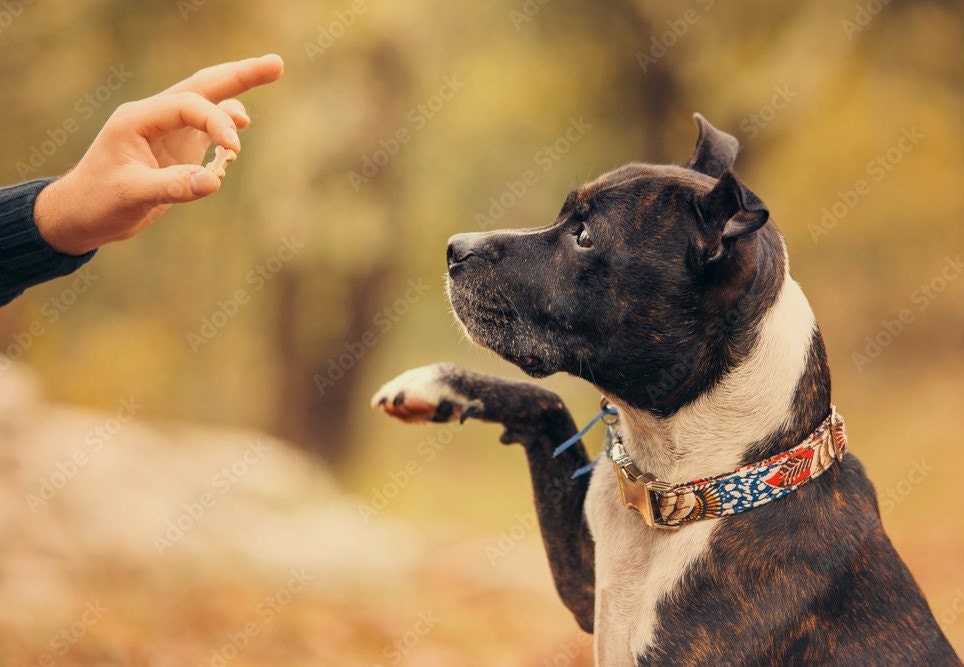Bringing home a new puppy is a thrilling and exciting experience. Puppies are adorable, affectionate, and have a unique way of making even the grumpiest person smile. However, raising a well-behaved puppy is no easy feat. It requires patience, consistency, and proper training. Here are some tips and tricks to help you train your new puppy and develop a happy and obedient companion.
Start with Basic Commands
Before you can teach your puppy anything else, start with basic commands like "sit," "stay," and "come." These commands are the building blocks of more advanced obedience training, and they also help establish you as the leader in your dog's eyes. When training, use positive reinforcement like treats, praise, and affection to reward good behavior.
Establish a Routine
Puppies thrive on routine, and a predictable schedule can make a significant difference in their behavior. Set regular times for feeding, walking, playtime, and training. This routine will help your puppy understand what's expected of them, and it will also make house training easier.
Socialize Early and Often
Socialization is critical for your puppy's development. It involves exposing your puppy to a variety of people, animals, and environments. Socializing your puppy early on will help them feel more comfortable and confident in different situations. Make sure to introduce them to other dogs, cats, and even people of different ages and backgrounds.
Be Patient and Consistent
Training a puppy takes time and patience. Remember that your puppy is still learning and that you will make mistakes along the way. When your puppy misbehaves, respond calmly and assertively. Avoid physical punishment or yelling as this will only scare your puppy and damage your relationship. Instead, use positive reinforcement to encourage good behavior and redirect your puppy's attention when necessary.
In conclusion, raising a happy and obedient puppy requires patience, consistency, and proper training. By starting with basic commands, establishing a routine, socializing early and often, and being patient and consistent, you can train your new puppy to become a well-behaved companion. Remember to be gentle, loving, and most importantly, have fun!
